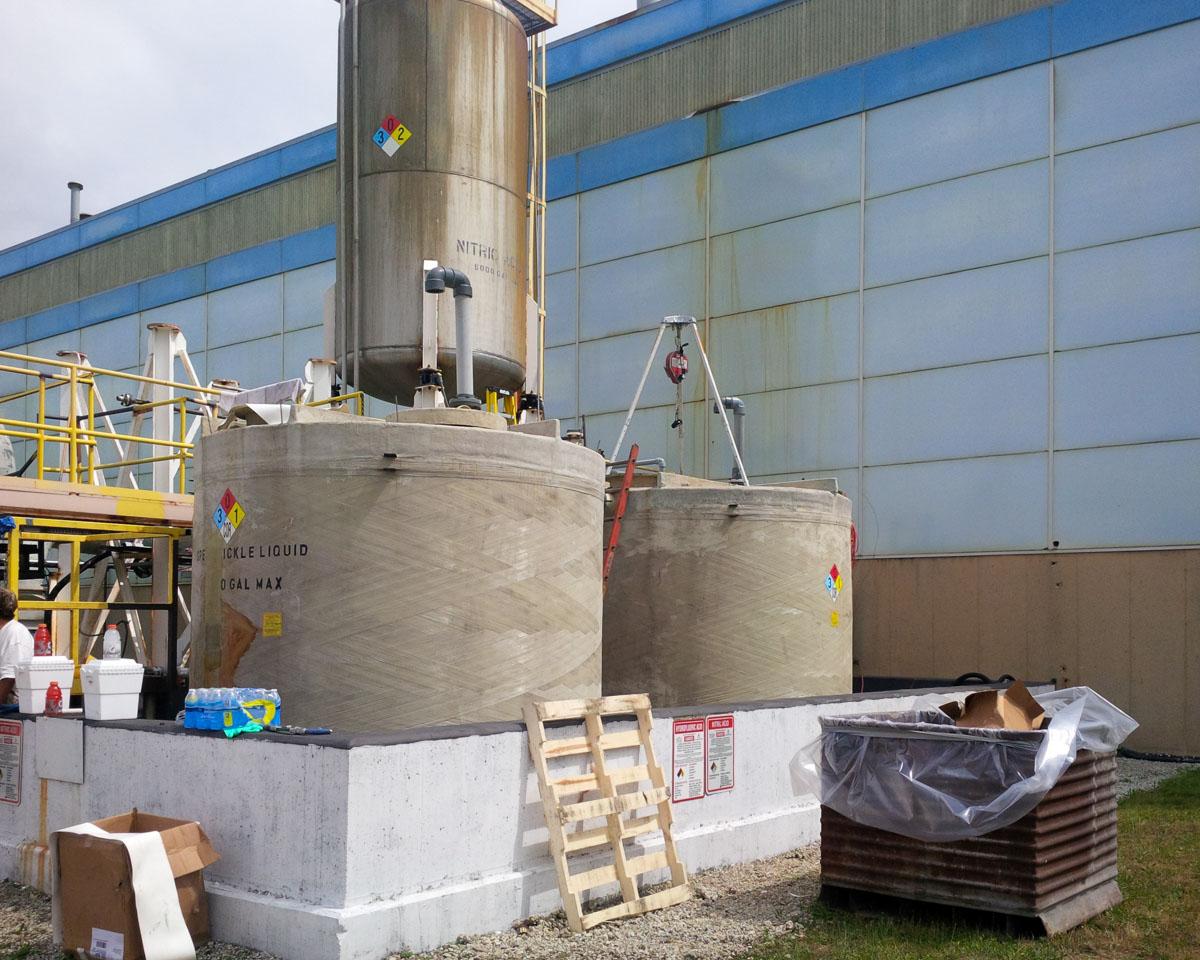
Underground water tanks are extremely important on residential and industrial properties. If a water tank fails, there can be catastrophic consequences to the property, with negative impacts that are both environmental and financial. This is what there are certain requirements regarding underground water storage tanks. For example, the EPA will not allow simply any chemicals to be stored without regulation. Certain chemicals must be reported to federal regulators, along with a risk management plan. Of course, water thanks become much less risky when they're built to last. Some water storage tanks have remained in existence for quite a long time. Right now, there are water tanks still in use that are over 100 years old. However, just because they still exist doesn't mean that they're going to continue to do so without issue. Many of the problems regarding water tanks are ignored until they physically show up, which is why so many long term problems are missed before they finally ruin a water tank.
With that being said, replacing a tank entirely is quite expensive, even if you're not doing so unexpectedly. An aging tank does not merely need to be replaced; it can be updated, and there are means through which you can extend the service life of your tanks. There are many different factors that can affect the overall life of a water tank, and all of these should be taken into account. Each tank will have a different life expectancy depending on when it was installed, where it was installed, and what it is made of among other things. With that being said, let's look into the ways through which you can extend the service life of your tanks.
What Kinds Of Factors Affect The Service Lives Of Underground Tanks?
Underground tanks can carry different amounts of product. Clearly, the amount of product held in a tank can affect how long that tank will last. A tank is going to deteriorate faster if it's overloaded or is weighed down by more product than it should contain. This is why some underground tanks that contain a relatively small amount of product are not subject to the same federal regulations as those that contain larger amounts of product. Certain types of soil also contain more corrosive materials than others, which means that they'll eat away at the tanks at a faster rate. Of course, certain natural disasters like floods can potentially lead to these tanks sustaining greater damage in less time.
How Can You Extend The Service Life Of Your Tanks?
You can extend the service life of your tanks through the regular maintenance expected for underground tanks. Tanks should be checked regularly, and tanks should never be overextended. However, there are ways through which they can be updated and strengthened. Water storage tank liners and water treatment tank linings are incredibly important to this process. Different liners are available depending on whether the product being contained is pure water, or if other chemicals are involved. Certain types of liner products are designed to safely contain chemicals, while others are only meant to withstand actual water alone. Of course, there are other types of containment products available, which are not limited to linings. Coatings can also be applied to underground tanks. Furthermore, it's important to remember that at times tanks sustain damage that cannot be repaired through coatings or liners. Liners and coatings are actually meant more to contain and prevent leakage, rather than mend previously existing issues.
Are Coatings And Tank Liners Required?
Regulations will depend, as previously mentioned, depending on the types of products being contained by tanks, how much they're carrying, what the tank is made of, and what the tank carries. Of course, there are some blanket requirements to remember. If tanks carry water meant for human consumption, they must have liners and coatings.
No matter what a tank carries, it's crucial that it is kept secure. This not only guarantees the product within the tank is kept secure; it also ensures that the surrounding environment is kept as safe and secure as possible. These issues must not be neglected.
